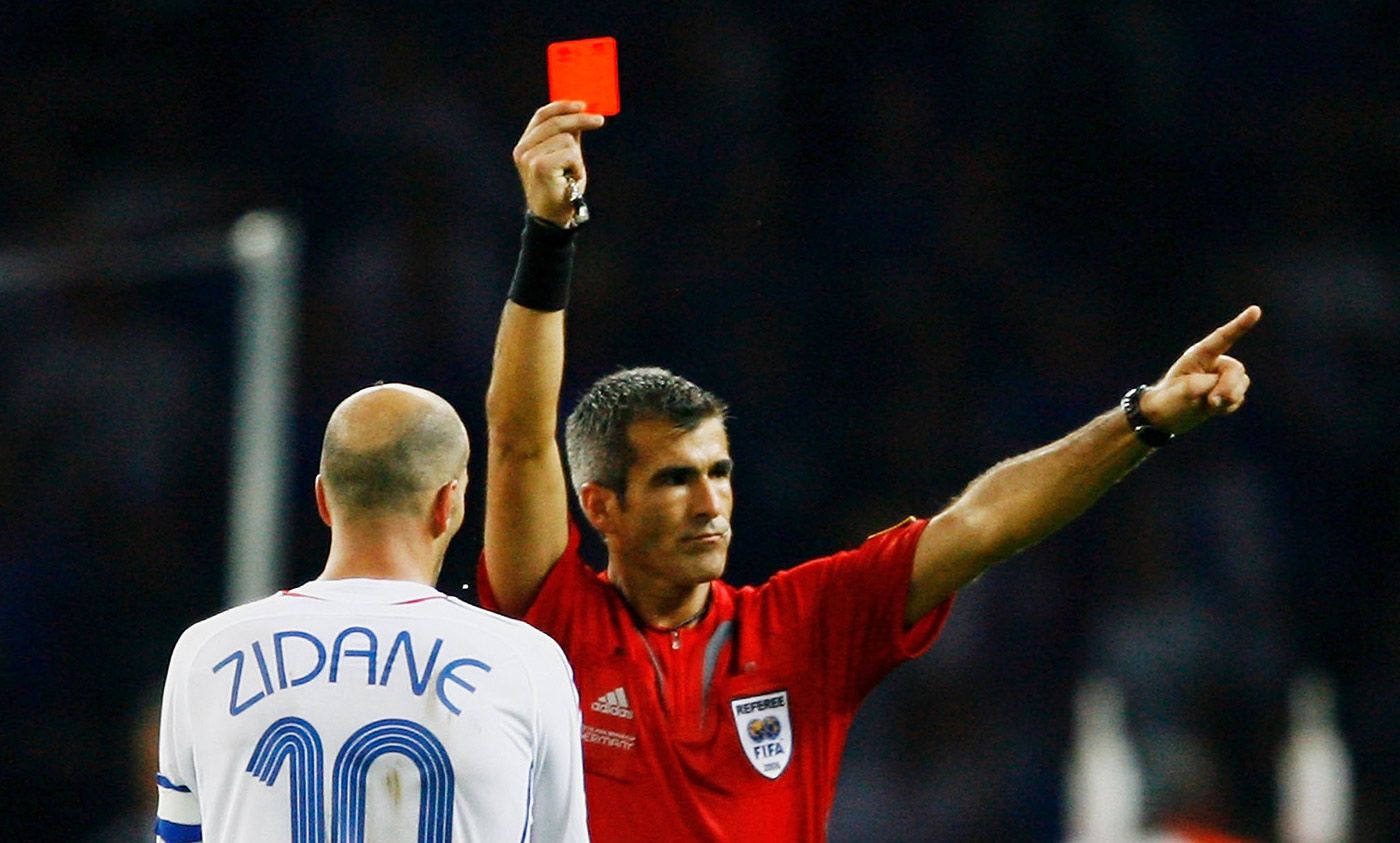 Tamara MacLeod
Tamara MacLeodaeon.co
Originally published September 11, 2019
Here is an excerpt:
However, I think that it is the middle-class consciousness of liberal feminism that excluded sex work from its platform. After all, wealthier women didn’t need to do sex work as such; they operated within the state-sanctioned transactional boundaries of marriage. The dissatisfaction of the 20th-century housewife was codified as a struggle for liberty and independence as an addition to subsidised material existence, making a feminist discourse on work less about what one has to do, and more about what one wants to do. A distinction within women’s work emerged: if you don’t enjoy having sex with your husband, it’s just a problem with the marriage. If you don’t enjoy sex with a client, it’s because you can’t consent to your own exploitation. It is a binary view of sex and consent, work and not-work, when the reality is somewhat murkier. It is a stubborn blindness to the complexity of human relations, and maybe of human psychology itself, descending from the viscera-obsessed, radical absolutisms of Andrea Dworkin.
The housewife who married for money and then fakes orgasms, the single mother who has sex with a man she doesn’t really like because he’s offering her some respite: where are the delineations between consent and exploitation, sex and duty? The first time I traded sex for material gain, I had some choices, but they were limited. I chose to be exploited by the man with the resources I needed, choosing his house over homelessness. Lolita was a child, and she was exploited, but she was also conscious of the function of her body in a patriarchal economy. Philosophically speaking, most of us do indeed consent to our own exploitation.
The info is here.






